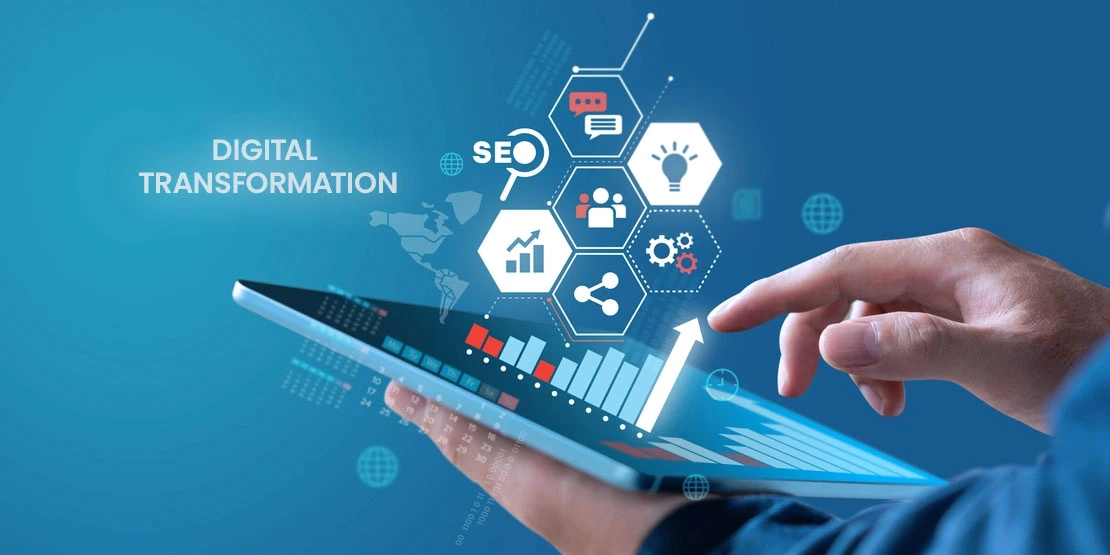What is meant by Digital Transformation?
Digital transformation means including the technological aspects in the current business operations of the user. The digital transformation is a proven solution that helps the user on the aspects like scaling up the operational unit, works on improving the overall customer satisfaction and making the business operations quick. The digital transformation covers all the components of the business while also understanding the different business trends and the market strategy.
In this blog we will read about the different aspects that comes along with the digital transformation and how does it affect the business altogether.

